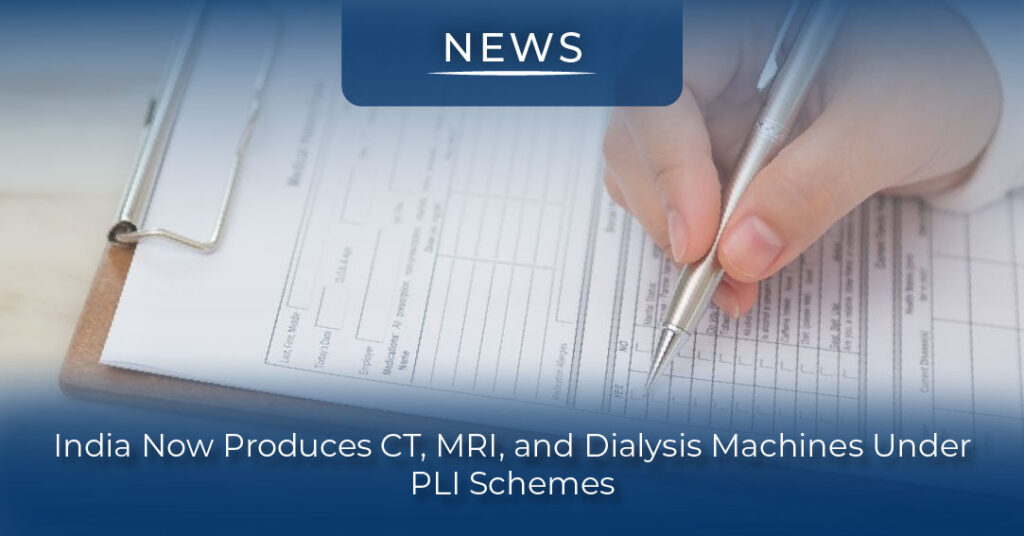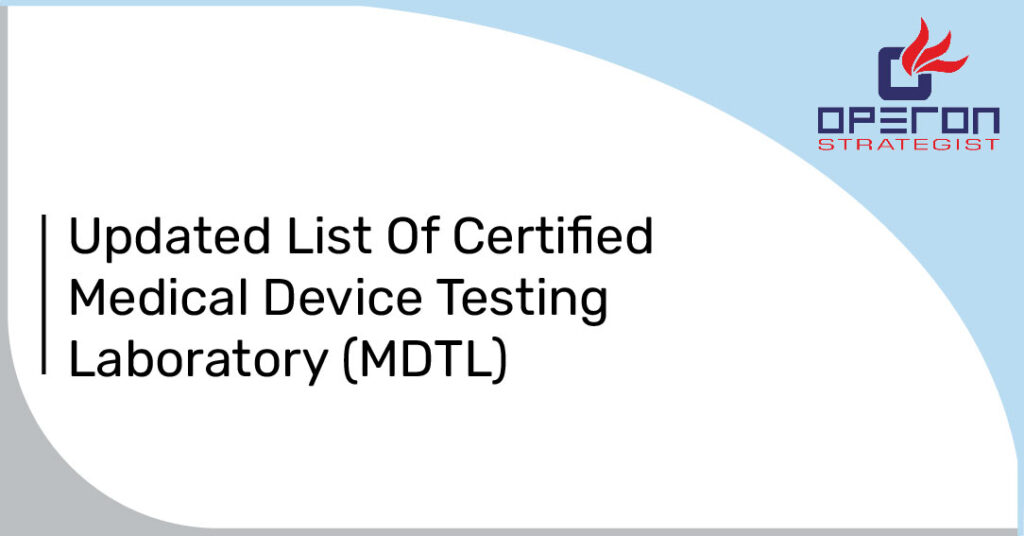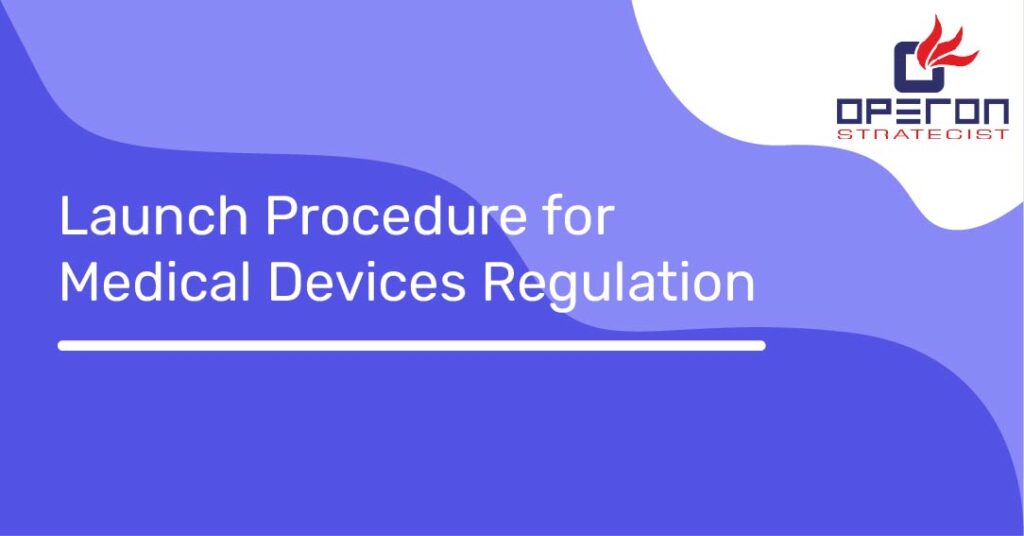India has commenced the domestic production of critical medical devices such as CT scanners, MRI machines, and dialysis equipment, which were previously entirely imported. This development has been confirmed by Amit Aggarwal, Secretary of the Department of Pharmaceuticals.
According to Aggarwal, these medical devices are being manufactured under the Production Linked Incentive (PLI) scheme—a government initiative under the Make-in-India program that provides financial incentives to boost domestic production. “A total of 19 projects have been commissioned for manufacturing 46 medical devices that were earlier imported under the PLI scheme,” he stated.
Looking For a Medical Device Regulatory Consultant?
The budget allocation for manufacturing incentives, infrastructure, and ecosystem development has seen a 44% increase, rising from ₹282 crore in 2024-25 to ₹405 crore in the current fiscal year. Additionally, to strengthen domestic pharmaceutical production, the government has initiated the manufacturing of over 175 high-value drugs, including those for cancer, vaccines, rare diseases, and autoimmune disorders, under the PLI scheme.
Aggarwal further highlighted that India has begun production of essential antibiotics such as Penicillin-G and Clavulanic Acid. “We also anticipate the commencement of Rifampicin production—a key drug used in tuberculosis treatment—by next year,” he added.
India’s medical devices sector was valued at approximately $11 billion (₹90,000 crore) in 2020, with a global market share of 1.5%. To enhance domestic manufacturing and reduce reliance on imports, the Union Cabinet adopted the National Medical Devices Policy in 2023. The policy aims to establish centers of excellence in academic and research institutions, foster innovation hubs, develop ‘plug-and-play’ infrastructure, and support startups in the sector.
For global market positioning, the policy also envisions the creation of a dedicated export promotion council. This body will conduct studies and initiate projects to adopt best practices in manufacturing and workforce skilling from leading global markets.
The 2025-26 budget has further reinforced this push with a 200% increase in funding for the Promotion of Research and Innovation in Pharma MedTech (PRIP) scheme. “India is already a global leader in generic pharmaceuticals, but the government is now actively encouraging scientists and institutions to drive innovation in six priority areas, including drug discovery, medical devices, stem cell therapy, and the treatment of drug-resistant patients,” an official noted.
Role of Operon Strategist Regarding PLI Schemes
Operon Strategist provides end-to-end support for medical device manufacturers, ensuring compliance with regulatory standards and optimizing production processes under the PLI schemes.
Key Contributions:
- Regulatory Compliance Support: Assistance in obtaining ISO 13485 certifications, CE marking, GMP compliance, and other regulatory approvals.
- PLI Scheme Navigation: Guidance on leveraging government incentives for medical device manufacturing.
- Turnkey Project Management: Streamlining production processes to enhance efficiency and quality.
- Manufacturing Facility: Support in setting up state-of-the-art manufacturing facilities.
- Documentation & Process Validation: Ensuring seamless compliance with industry and government regulations.
With its expertise, Operon Strategist empowers businesses to establish, scale, and thrive in India’s growing medical device sector.




